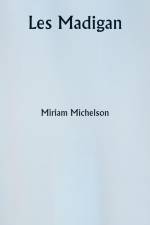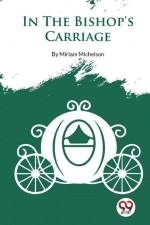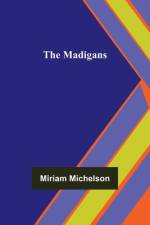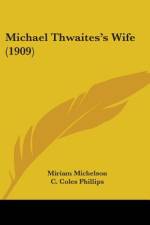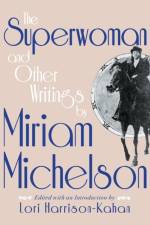von Miriam Michelson
56,00 - 119,00 €
The Superwoman and Other Writings by Miriam Michelson is the first collection of newspaper articles and fiction written by Miriam Michelson (1870-1942), best-selling novelist, revolutionary journalist, and early feminist activist. Editor Lori Harrison-Kahan introduces readers to a writer who broke gender barriers in journalism, covering crime and politics for San Francisco's top dailies throughout the 1890s, an era that consigned most female reporters to writing about fashion and society events. In the book's foreword, Joan Michelson-Miriam Michelson's great-great niece, herself a reporter and advocate for women's equality and advancement-explains that in these trying political times, we need the reminder of how a "e;girl reporter"e; leveraged her fame and notoriety to keep the suffrage movement on the front page of the news. In her introduction, Harrison-Kahan draws on a variety of archival sources to tell the remarkable story of a brazen, single woman who grew up as the daughter of Jewish immigrants in a Nevada mining town during the Gold Rush. The Superwoman and Other Writings by Miriam Michelson offers a cross-section of Michelson's eclectic career as a reporter by showcasing a variety of topics she covered, including the treatment of Native Americans, profiles of suffrage leaders such as Susan B. Anthony and Charlotte Perkins Gilman, and police corruption. The book also traces Michelson's evolution from reporter to fiction writer, reprinting stories such as "e;In the Bishop's Carriage"e; (1904), a scandalous picaresque about a female pickpocket; excerpts from the Saturday Evening Post series, "e;A Yellow Journalist"e; (1905), based on Michelson's own experiences as a reporter in the era of Hearst and Pulitzer; and the title novella, The Superwoman, a trailblazing work of feminist utopian fiction that has been unavailable since its publication in The Smart Set in 1912. Readers will see how Michelson's newspaper work fueled her imagination as a fiction writer and how she adapted narrative techniques from fiction to create a body of journalism that informs, provokes, and entertains, even a century after it was written.

